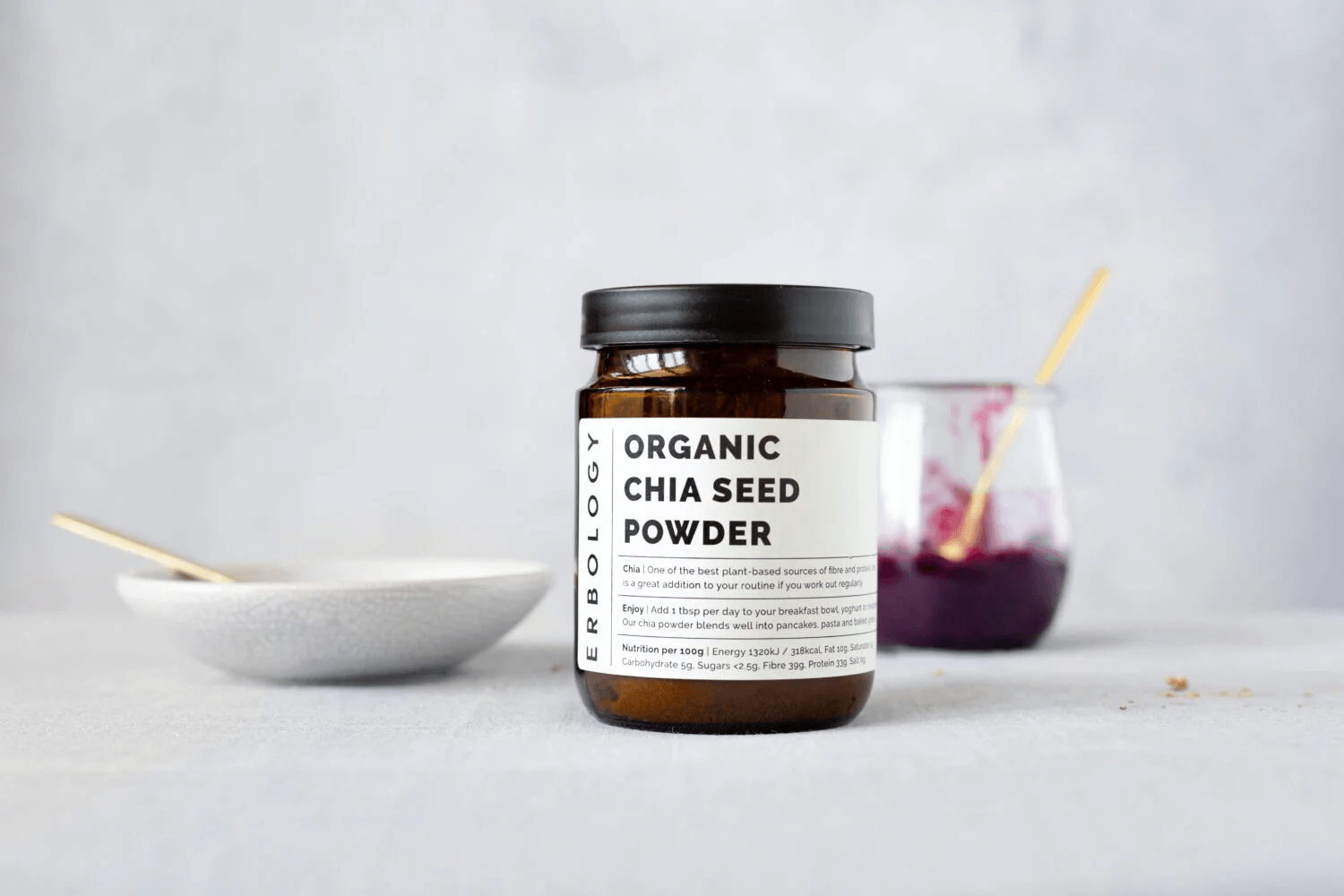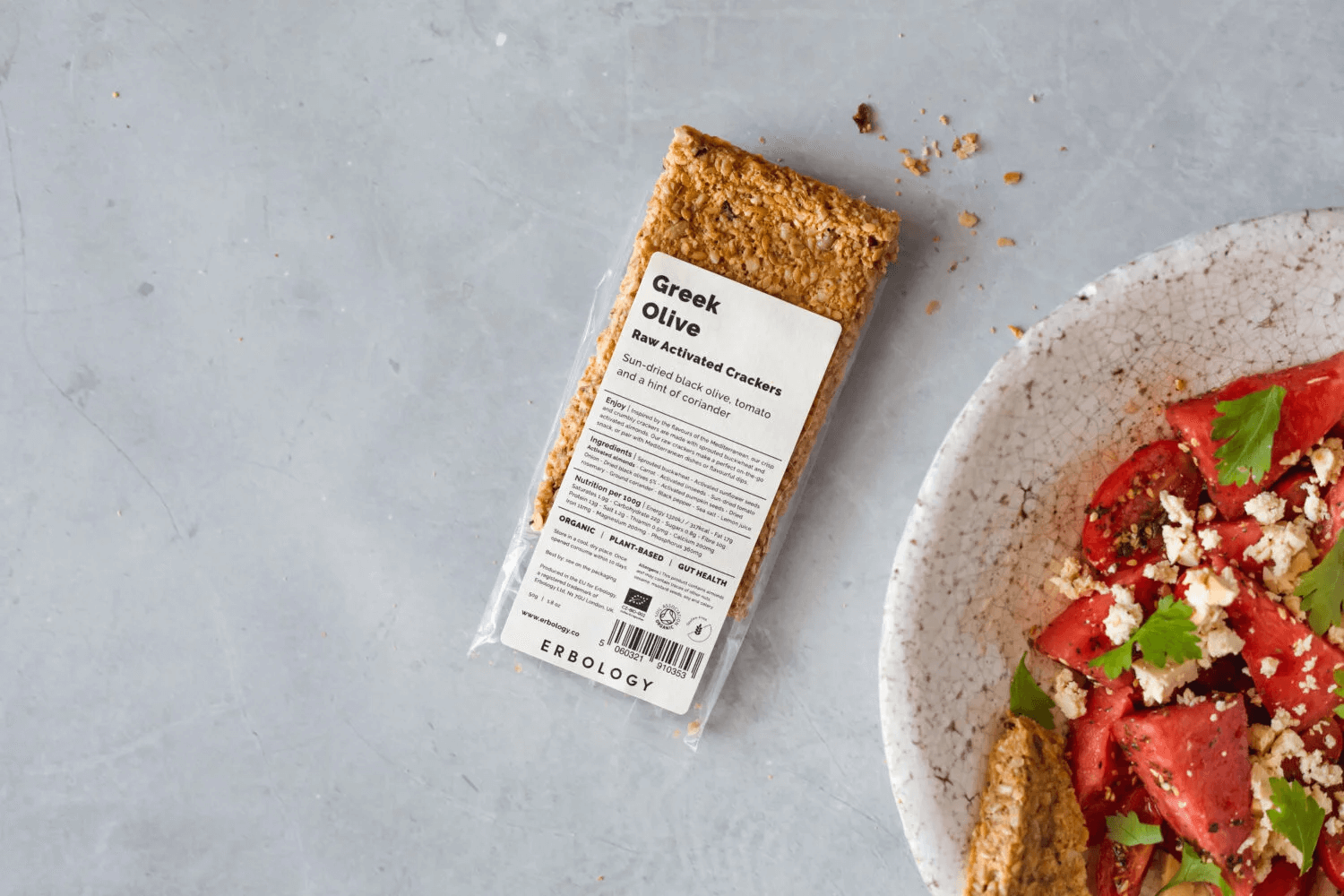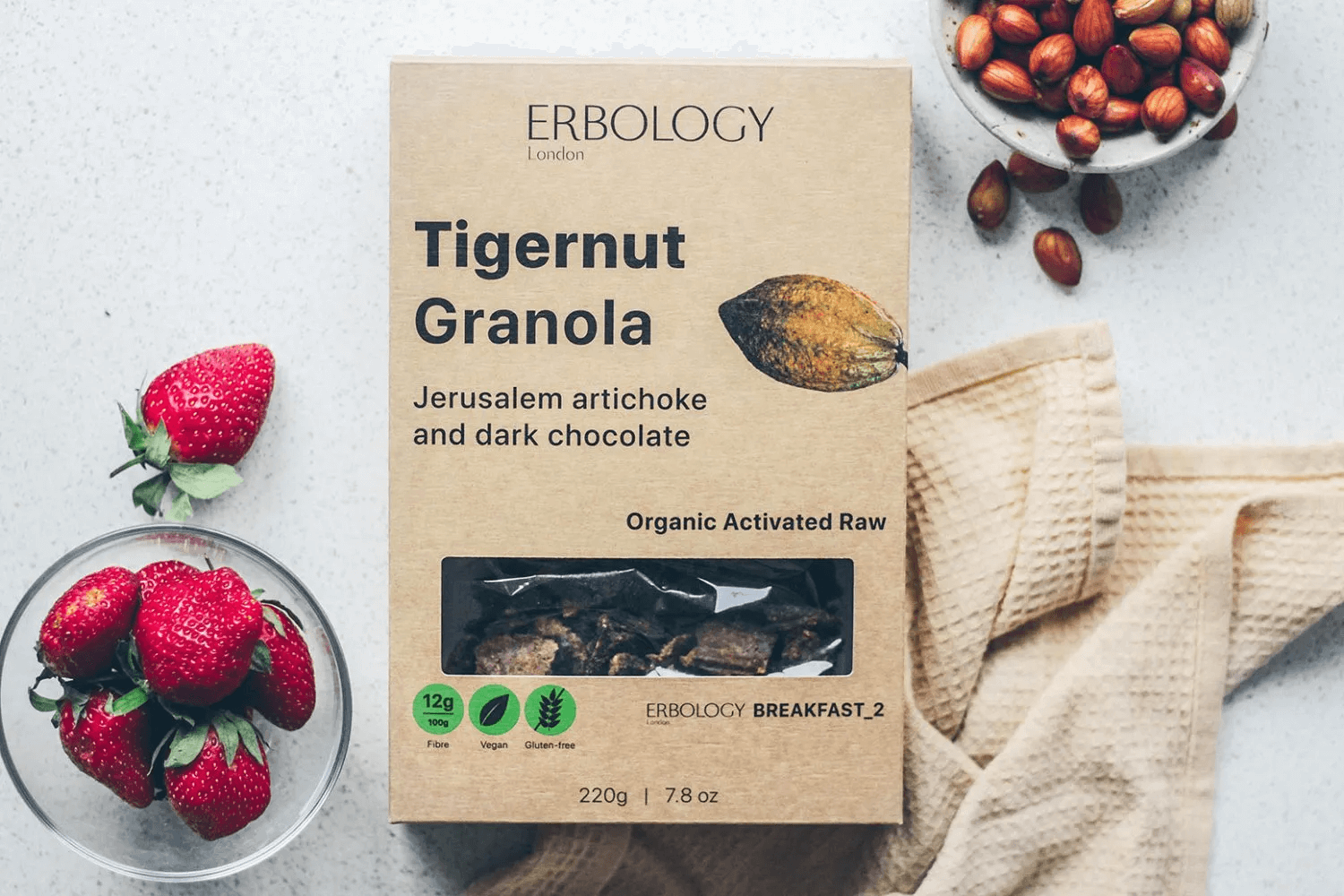15 Feb 2023
10 best natural sources of iron
What is iron?
Firstly, let’s discuss what iron is. Iron is a naturally present mineral in many foods. You might say that iron is specifically significant due to its ability to make red blood cells, which carry oxygen around the body, thus helping to maintain healthy blood.
This is because iron is a major component of hemoglobin, a type of protein in red blood cells responsible for carrying oxygen from our lungs to all parts of our body. Iron is also part of myoglobin, a protein that plays the role of carrying and storing oxygen specifically in muscle tissues. As a result, iron supports muscle metabolism, healthy connective tissues, physical growth, neurological development, cellular functioning, and synthesis of some hormones.(1)
You can find dietary iron in two forms: heme and non-heme. While heme iron is only found in animal flesh such as meat, poultry and seafood, you can find non-heme iron in animal flesh and plant foods. These sources of iron include whole grains, nuts, seeds, legumes, and leafy greens; which tend to be the type of plant foods animals consume.
Before jumping into the 10 best natural sources of iron, we’re going to briefly go over why it’s so important to not neglect our iron intake.
What is iron deficiency?
Anemia is a blood condition distinguished by a lack of healthy red blood cells or hemoglobin. Iron deficiency anemia occurs when the body does not have enough iron to produce the hemoglobin it needs.
This condition is caused by the following:
- Poor diet or not enough iron in the diet
- Blood loss
- A decreased ability to absorb iron
- Pregnancy
Around 10 million people in the United States have low iron levels, and roughly 5 million of these have been diagnosed with iron deficiency anemia.(2) It is the most common nutritional deficiency worldwide, causing extreme fatigue and lightheadedness. It affects all ages and people receiving kidney dialysis among those at highest risk for this condition.
Iron is stored in the liver, spleen, muscle tissue, and bone marrow and is delivered throughout the body by a protein in blood that binds to iron. Therefore, a doctor may sometimes check blood levels of these two components if anemia is suspected.
So, what are some of the best sources of iron?
![]()
Almonds
Generally speaking, nuts contain quite a bit of non-heme iron. In particular, almonds boast an impressive nutrient profile, including iron. They contain 3.7mg of iron per 100g, or one fifth of the daily value (DV).
Our Organic Italian Almonds are perfect on their own as a snack, or as part of a meal. It’s as easy as grabbing a handful as a healthy snack or sprinkling over salads, breakfast bowls, desserts and pasta dishes.
![]()
Walnuts
Walnuts clock in at around 2.9mg of iron per 100g, which is 16% of our DV.
Simply sprinkle them over your go-to salads or breakfast bowls for additional texture and a rich and toasty flavour. If you’re a little peckish you can even grab a handful as a healthy iron-rich snack.
At Erbology, we shell our walnuts to order ensuring they reach you as fresh as possible. Our nuts are shipped to us in small batches from farmers in Transylvania. Once we receive them, we perform additional quality checks to select the best nuts. Then, we ship them straight to you, with no delays, and almost no time spent in storage.
It’s important to mention that there are claims that walnuts contain phytates, which supposedly have an inhibitory effect on our body's ability to absorb iron from food. However, phytates are in fact a beneficial antioxidant, and although they can reduce the absorption of iron, this effect is only of concern for those following imbalanced diets.(3)
Amaranth
Amaranth is often referred to as gluten-free grain because it doesn't grow from grasses like other cereal grains do. Not only is it a complete source of protein but it’s also bursting with iron! A one cup serving of cooked amaranth grain provides over 5mg of iron, which is more than a quarter of our daily value!
Fortunately, amaranth comes in many forms, all with terrific health benefits. So, no matter your cooking ability or style, amaranth will fit brilliantly into your recipes. For example, puffed amaranth makes a fantastic crunchy and nutritious topping for salads and breakfast bowls. You can even include it in your favourite granola bar and energy ball recipes for extra crunch! It adds a delightful nutty flavour and contains other valuable nutrients, such as magnesium and vitamin E.
Jerusalem artichokes
Despite the name, Jerusalem artichokes do not come from Jerusalem, neither do they relate to artichokes – at least biologically speaking! This vegetable with an imposing name is part of the sunflower family. Also known as sunchoke and sunroot, it has a mild earthy and sweet flavour and texture often compared to a hazelnut or water chestnut.
A 100g serving of raw Jerusalem artichoke contains about 3.4mg of iron, or nearly 20% of our DV. Moreover, our Organic Jerusalem Artichoke Powder boasts an astonishing 9mg of iron per 100g. This is because we use about five kilograms of fresh tubers to make one kilogram of our powder.
Jerusalem artichokes go very nicely as a side dish, or in sweet or savoury dishes. We also love adding a spoonful of our Organic Jerusalem Artichoke Powder to breakfast bowls, soups and pasta dishes. In addition to iron, it is rich in prebiotic inulin fibre and thiamine.
Related readings
undefined

Organic Chia Seed Powder

Organic Greek Olive Snacks

Raw Dark Chocolate - Prebiotic Tigernut Granola

Organic Chia Seed Powder

Organic Greek Olive Snacks
